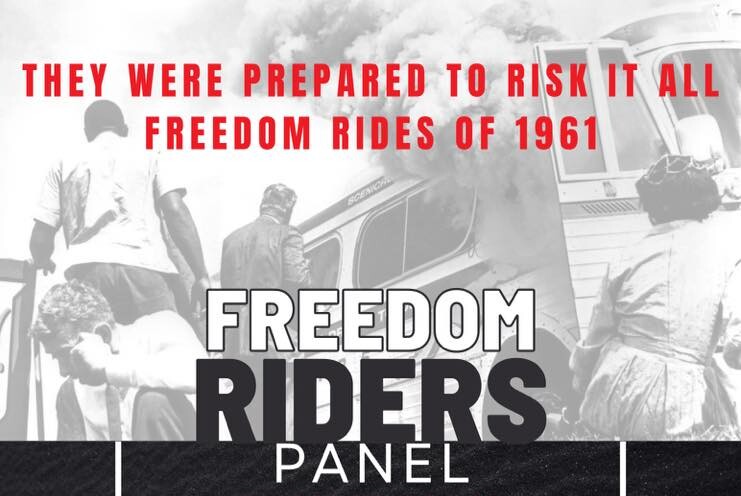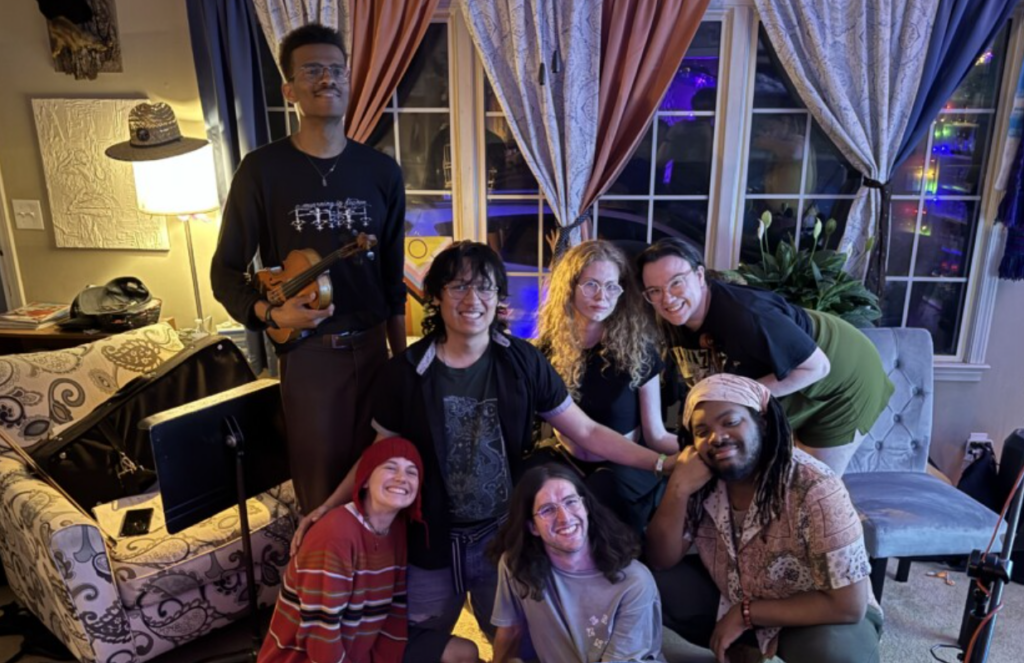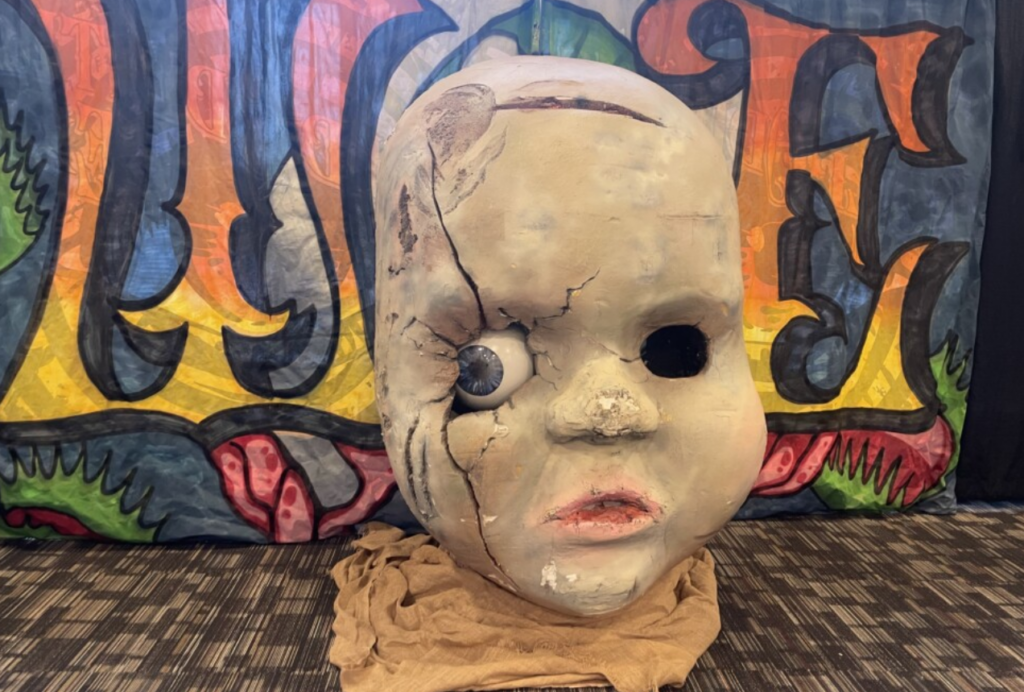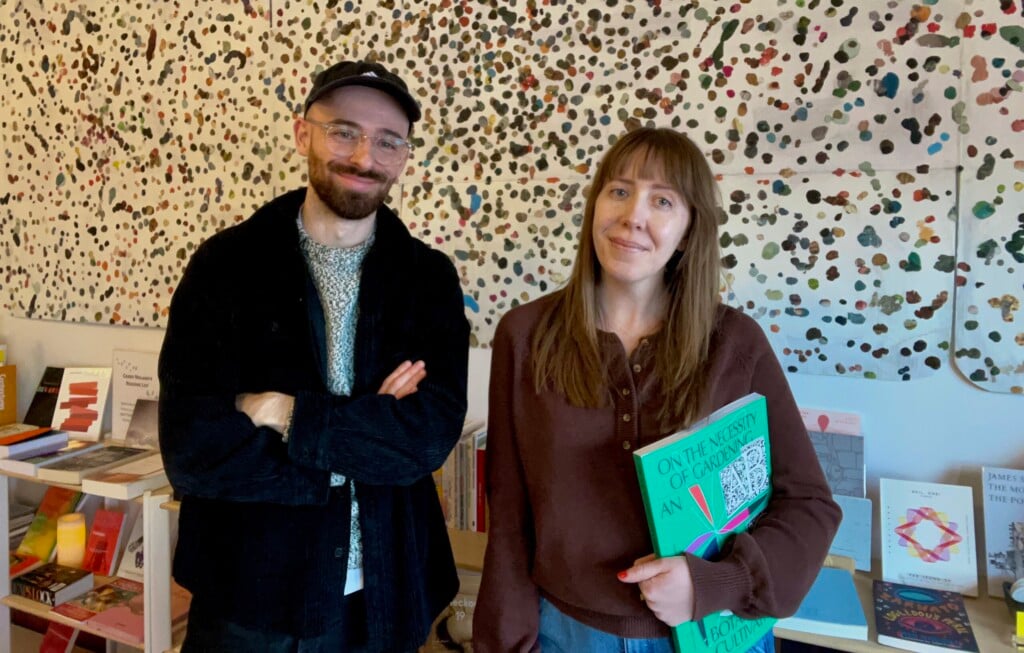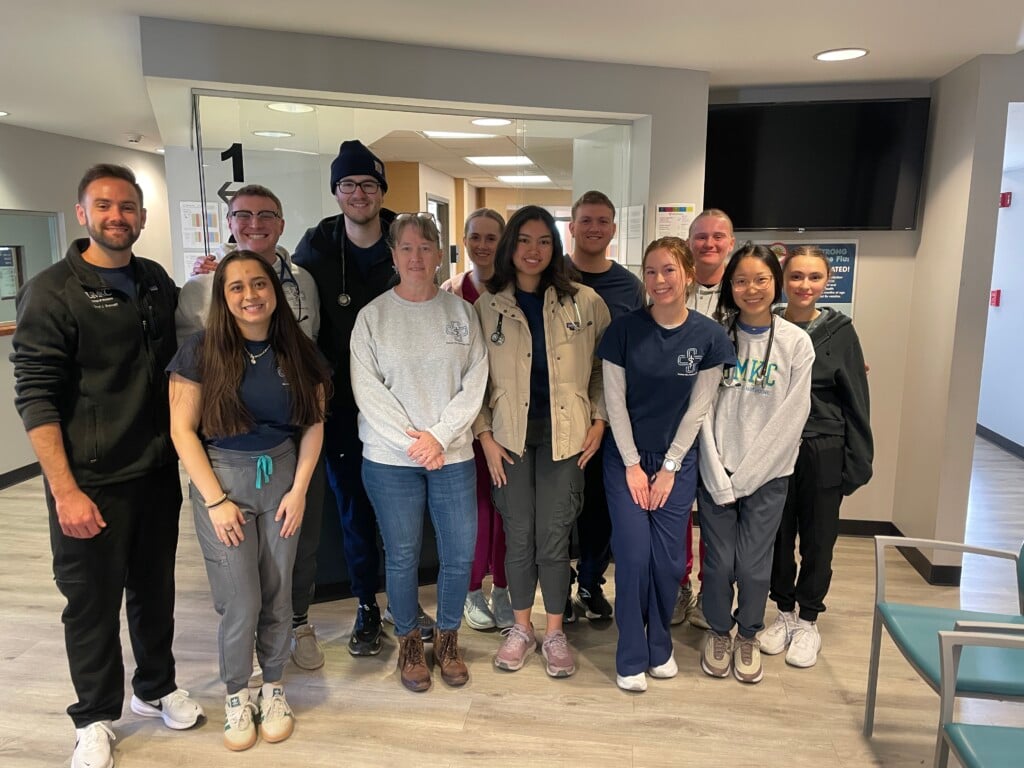The Freedom Riders Panel brings stories of the Civil Rights Movement to UMKC April 20-21
The Freedom Riders of 1961 will visit Kansas City April 20-21 to share their experiences as activists during the Civil Rights Movement. The panel is being brought to UMKC courtesy of the American Jazz Museum, Black Archives of Mid-America, and the University of Missouri-Kansas City School of Humanities and Social Sciences. There will be three opportunities to attend the panel: April 20 at the Kauffman Center (12 p.m.) and the Gem Theater (7 p.m.), and April 21 at UMKC’s Pierson Auditorium (6 p.m.).
The Freedom Riders were a group of activists in the 1960s who protested against racial segregation through interstate bus rides. Members—many in their early 20s—first had to be selected to be a part of the movement and then trained for protests.
Dr. David J. Townbridge, a history professor at UMKC, had a large hand in bringing the panel to KC. It has been years in the works, delayed multiple times due to the pandemic. Townbridge says that the Freedom Riders “strongly support this generation of activists” and that the panel will likely discuss activism through the lens of “planning, having a clear message, and non-violence.”
Presenting in the panel will be Dr. Bernard Lafayette, Joane Browning, Dion Diamond, and Dr. A. Lenora Taitt-Magubane. Dr. Lafayette was chosen by Dr. Martin Luther King as the director of the Southern Christian Leadership Conference, in addition to aiding the voting rights movement in Selma. Dr. Lafayette served as the leader of Freedom Summer in 1968.
Joane Browning was one of nine white Southern women to participate in the Freedom Riders. Dion Diamond was arrested as a young adult during his Freedom Ride in the summer of 1961 and was a member of the Nonviolent Action Group at Howard University. Dr. A. Lenora Taitt-Magubane was a member of a similar organization, the Student Nonviolent Coordinating Committee at Spelman College. Before her Freedom Riders arrest, she was detained with Dr. Martin Luther King during a nonviolent sit-in.
Dr. Townbridge describes the danger the Freedom Riders faced in their youth, saying that before joining, they were told to “make out their will and have a last dinner.” He further stresses the importance of the Freedom Riders to the Civil Rights movement. “Seeing young people take risks pushed Dr. King to take more personal risks himself,” says Dr. Townbridge.
Out of approximately 464 Freedom Riders, there are only about four dozen still alive.
Registration is full for in-person attendance, but viewers may access the live stream beginning April 20 at 7 p.m.
